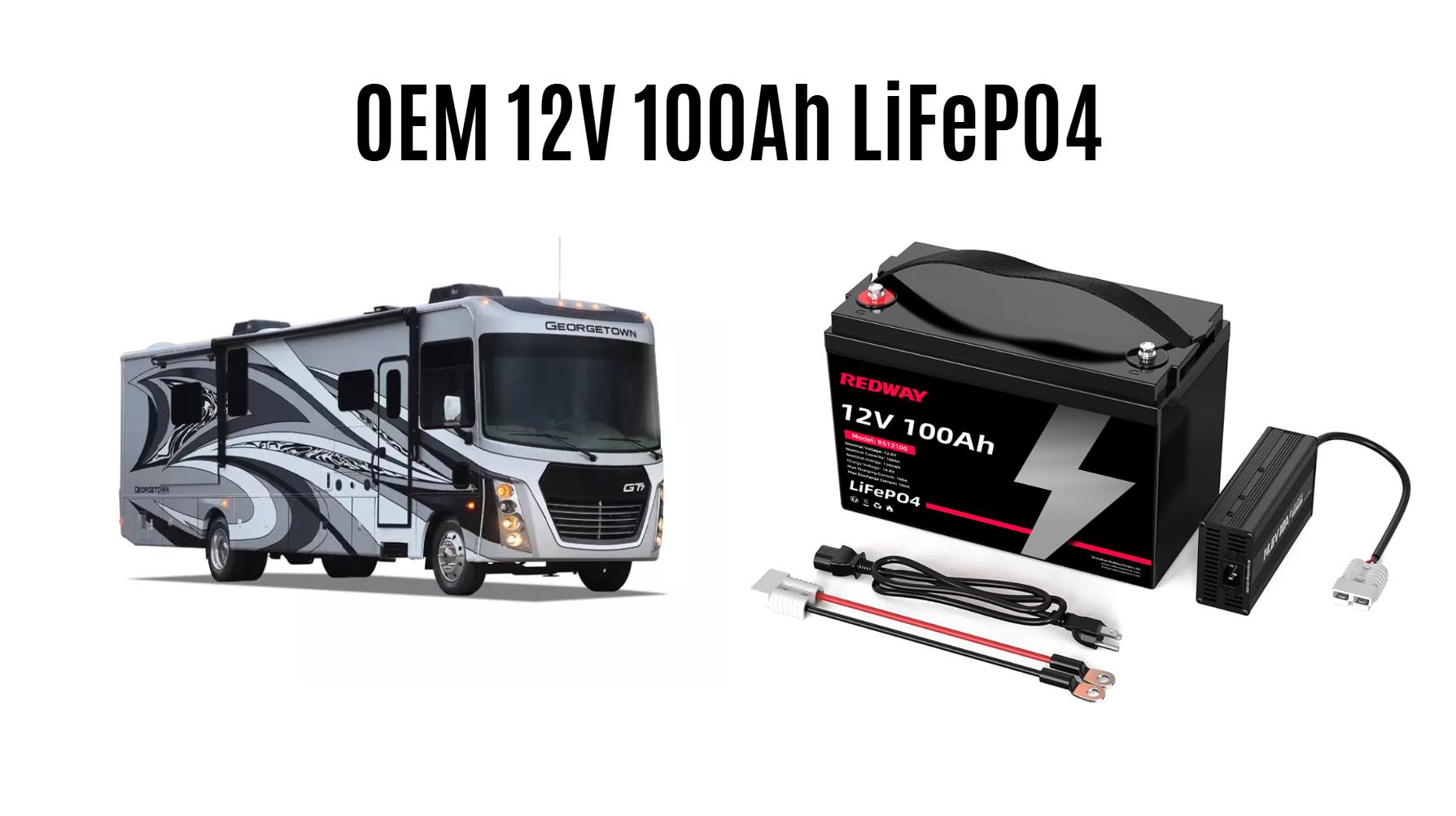Future trends in battery technology for Forest River RVs include advancements in lithium-ion efficiency, integration with solar systems, smart battery management powered by AI, solid-state batteries for higher energy density, and sustainable recycling practices. These innovations aim to enhance energy storage, reduce environmental impact, and improve reliability for off-grid adventures.
How Are Lithium-Ion Batteries Evolving for Forest River RVs?
Lithium-ion batteries are becoming lighter, more energy-dense, and longer-lasting. New designs focus on faster charging, thermal stability for extreme climates, and modular setups for customizable power storage. These improvements align with RV owners’ demand for extended off-grid capabilities and reduced weight for better fuel efficiency.
Why Is Solar Integration Critical for Next-Gen RV Batteries?
Solar integration allows RVs to harness renewable energy, reducing reliance on generators or shore power. Future systems will pair high-efficiency solar panels with adaptive battery management to optimize energy capture and storage. This trend supports sustainable travel and ensures uninterrupted power for appliances in remote locations.
What Role Will AI Play in RV Battery Management Systems?
AI-driven battery management systems (BMS) will predict energy usage patterns, prevent overcharging/overheating, and automate power distribution. Machine learning algorithms optimize charging cycles based on travel routes and weather forecasts, extending battery lifespan and ensuring reliable performance in dynamic environments.
Advanced AI systems will also enable real-time diagnostics, alerting users to potential issues before they escalate. For example, predictive analytics could recommend optimal charging times based on upcoming terrain changes or campground availability. Some prototypes even integrate with voice-controlled RV assistants, allowing users to monitor energy consumption through natural language commands. This technology reduces human error while maximizing the synergy between solar inputs, battery storage, and power demands.
| Feature | Traditional BMS | AI-Enhanced BMS |
|---|---|---|
| Charging Optimization | Fixed parameters | Dynamic adjustments |
| Failure Prediction | Basic alerts | 72-hour advance warnings |
| Energy Allocation | Manual prioritization | Context-aware automation |
Could Solid-State Batteries Revolutionize Forest River RVs?
Solid-state batteries, with higher energy density and faster charging than lithium-ion, could replace traditional RV batteries. Their non-flammable design enhances safety, while compact size maximizes storage space. Though still in development, they promise longer range and durability for extreme-temperature camping.
These batteries use solid electrolytes instead of liquid ones, eliminating leakage risks and enabling thinner cell designs. Manufacturers are testing prototypes that can store 40% more energy in the same physical footprint as current lithium batteries. For RV owners, this translates to extended boondocking capabilities without sacrificing storage compartments. Early adopters may see charge times reduced to 15 minutes for 80% capacity by 2026, though widespread adoption depends on scaling production and reducing costs.
| Metric | Lithium-Ion | Solid-State |
|---|---|---|
| Energy Density | 250-300 Wh/kg | 400-500 Wh/kg |
| Charge Speed | 1-2 hours | 15-20 minutes |
| Cycle Life | 3,000 cycles | 5,000+ cycles |
How Will Sustainability Shape RV Battery Production?
Manufacturers are prioritizing recycled materials, closed-loop production, and eco-friendly disposal programs. Future batteries will use less cobalt, incorporate biodegradable components, and align with circular economy principles to minimize environmental harm while meeting consumer demand for green travel solutions.
What Government Incentives Support Advanced RV Battery Adoption?
Tax credits, grants, and rebates for renewable energy systems (e.g., solar panels paired with batteries) are expanding. Programs like the U.S. Inflation Reduction Act offer discounts for eco-friendly RV upgrades, accelerating the shift toward advanced battery technologies among Forest River RV owners.
Expert Views
“The RV industry is at a tipping point. Solid-state batteries and AI-driven energy management will redefine off-grid living. We’re also seeing a 30% annual increase in demand for solar-compatible lithium systems. The next decade will focus on making RVs fully self-sufficient through hybridized power solutions and federal sustainability partnerships.”
Conclusion
Forest River RVs are poised to benefit from batteries that offer longer lifespans, faster charging, and smarter energy use. As sustainability and tech innovation converge, RV enthusiasts can expect lighter, safer, and more efficient power systems that enhance adventures while reducing environmental footprints.
FAQs
- Are lithium batteries worth the cost for Forest River RVs?
- Yes. Lithium batteries last 3x longer than AGM, provide consistent power output, and save weight, improving fuel efficiency. Long-term savings offset higher upfront costs.
- How long do solar-compatible RV batteries last?
- Modern lithium-ion batteries paired with solar systems typically last 8–12 years, depending on usage cycles and maintenance. AI-enhanced BMS can extend this by 15–20%.
- Can I retrofit my older Forest River RV with new batteries?
- Yes. Most models can upgrade to lithium or solar-ready systems, though wiring and charge controllers may need adjustments. Consult certified technicians for compatibility checks.
“`




